Coal, gas prices projected to erase budget deficit – but watch out for higher spending on essentials
Booming coal and gas prices will erase the budget deficit in this calendar year, before the nation’s finances are dragged back into the red as revenue windfalls are replaced with inexorably higher spending.
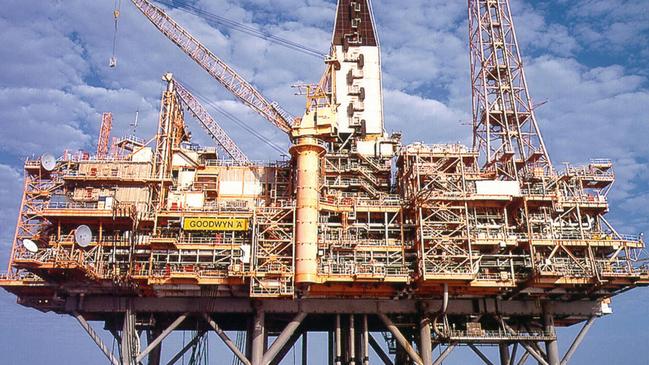
Booming coal and gas prices will erase the budget deficit in this calendar year, before the nation’s finances are dragged back into the red as revenue windfalls are replaced with inexorably higher spending.
After recording deficits of $186bn in 2020 and $56bn last year, Rich Insight principal Chris Richardson projected 2022 “will see the cash underlying budget in balance – a remarkable recovery”.
The last time Australia achieved a surplus was in 2007-08, before the global financial crisis.
“The budget improvement is continuing because the commodity price calamity assumed by Treasury hasn’t happened, and probably won’t,” Mr Richardson said.
But the rolling, 12-month budget balance would not extend into a surplus in this financial year.
The forecast comes as Fitch Ratings reaffirmed Australia’s AAA credit rating in the wake of the October budget, noting commodity exports should support resilient growth in 2023.
The statement, which acknowledged the government was “seeking to keep spending contained to avoid exacerbating inflation risks”, was seized on by Jim Chalmers who said it showed Labor got the fiscal settings right.
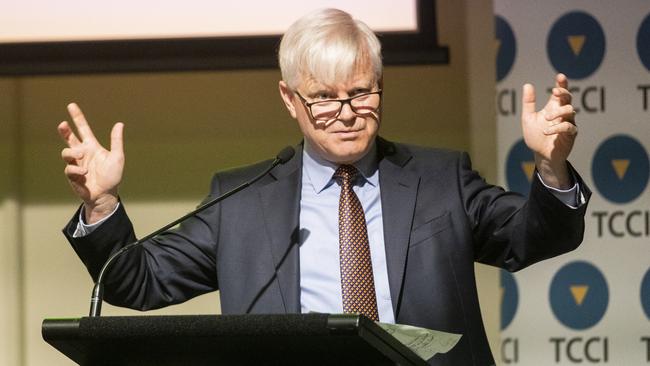
Opposition treasury spokesman Angus Taylor said the AAA credit rating was encouraging but it was imperative the government rein in “plans for bigger spending” to put downward pressure on inflation in the lead-up to Christmas.
Mr Richardson estimated the deficit in 2022-23 would be $23.2bn, or $13.6bn better than expected in the October budget.
Over the forward estimates period, deficits would be smaller in each financial year, leaving cumulative deficits $70bn better than budgeted by 2025-26, at $111.5bn.
The October budget and Mr Richardson projected the bottom line would begin to deteriorate from 2024-25, as spending in essential areas such as the NDIS, defence, aged care, health and interest payments balloon over the coming decade.
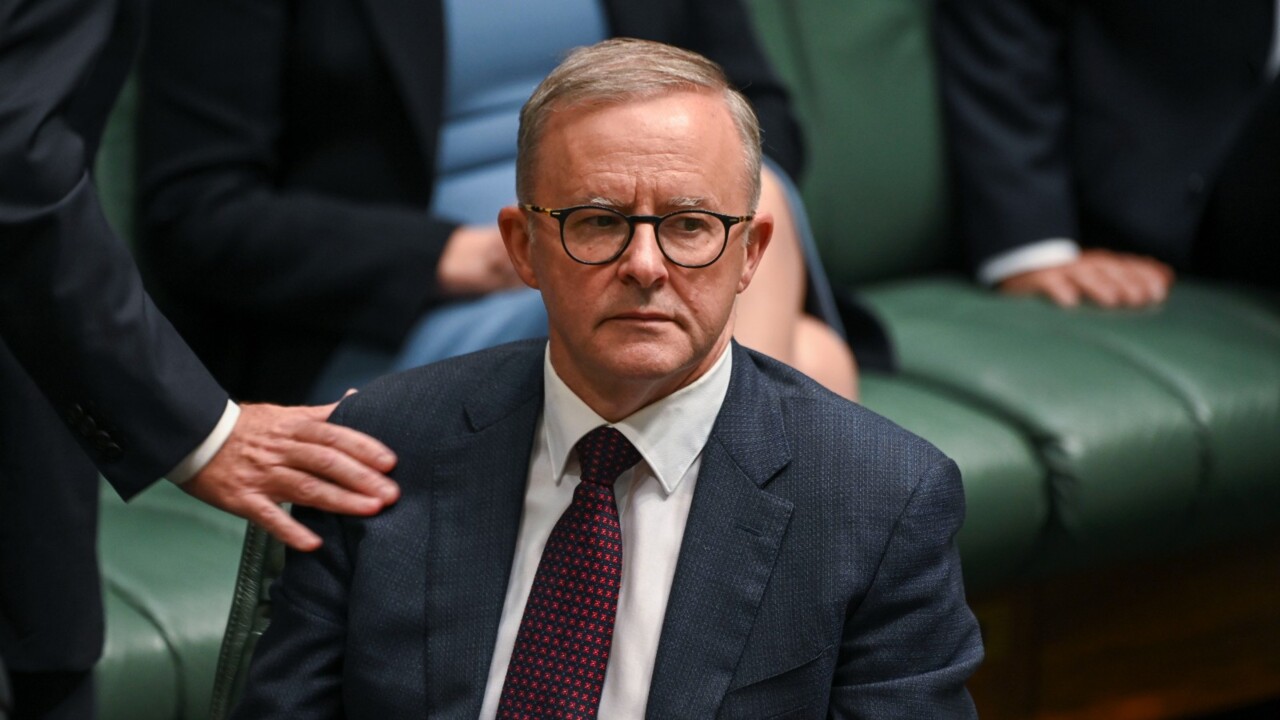
That would leave an underlying structural deficit equivalent to just shy of 2 per cent of the economy in a decade’s time – representing a persistent $50bn mismatch between spending and revenue that Reserve Bank governor Philip Lowe last week warned left the country vulnerable to future economic shocks.
“Even though the ‘debt-and-deficit disaster’ isn’t a disaster, you should still want a healthier budget,” Mr Richardson said. “Achieving that is fairer to later generations, and it makes the politics and the economics of crisis fighting easier.”
Despite predicting a balanced budget in this calendar year, Mr Richardson said Dr Chalmers should let the additional revenue fall through to the bottom line, rather than using it to fund subsidies for households and businesses suffering through the energy price crunch.
“Now is a time to get those budget windfalls and put them into the bottom line,” he said.
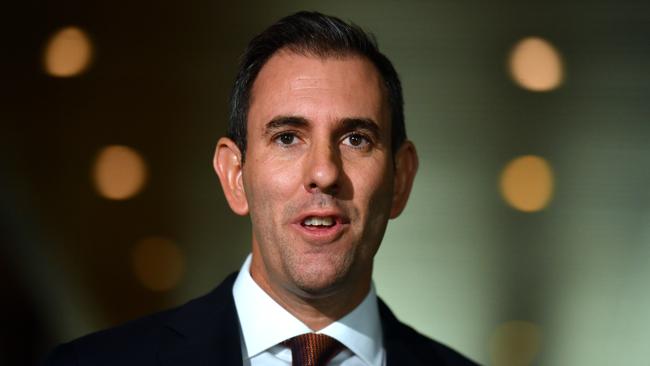
Dr Chalmers said pressures on the economy were intensifying despite budget improvements, which was why the Albanese government “can’t take the same approach to squandering the proceeds of higher commodity prices like our predecessors did”.
“We’ve started to repair the budget by making $22bn in savings, keeping real spending growth flat, returning more than 90 per cent of revenue upgrades to the bottom line and reducing debt over the forward estimates,” the Treasurer said.
Mr Taylor said Mr Richardson’s analysis was another reflection on the strength of the economy and budget left by the Coalition.
Opposition resources spokeswoman Susan McDonald warned against intervening in the resources industry “in a way that reduces investment or undermines national prosperity”, given the role of commodity prices on receipts.
While lifting the country’s productivity performance was an essential goal, Mr Richardson said “budget repair is going to come down to winding back elements of spending where you can, and raising taxes where you can”.
Mr Richardson said Treasury’s “silly” convention of assuming in each update that soaring commodity prices would collapse over coming months had played a major role in a series of “stunning” revenue upgrades.



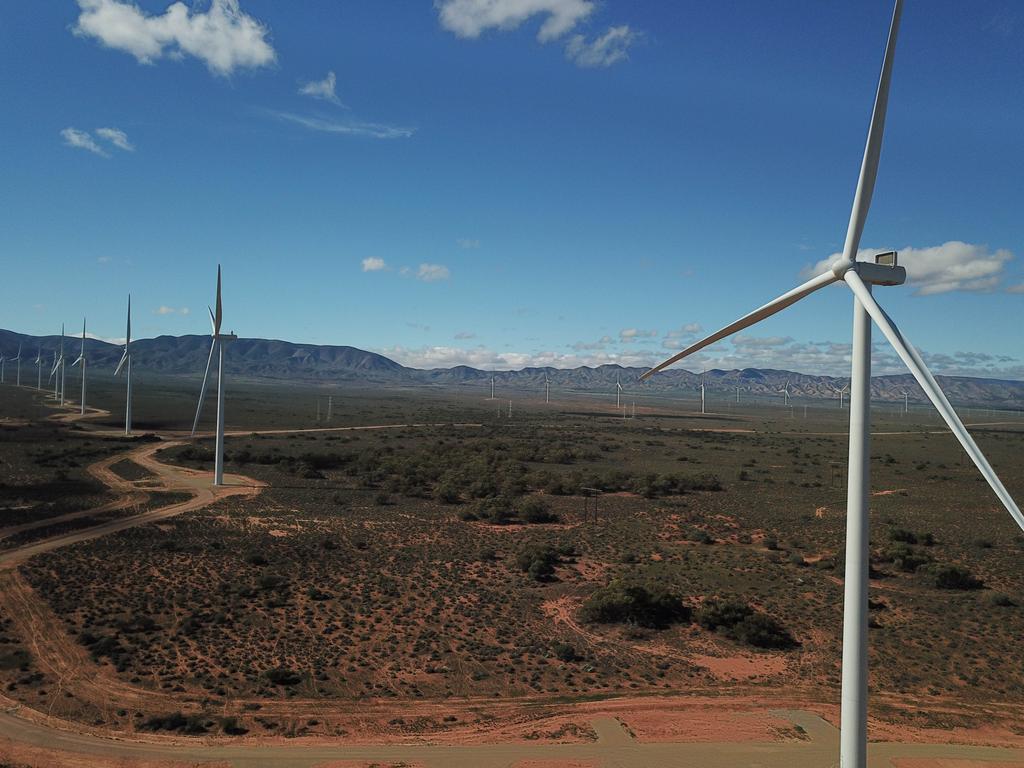




To join the conversation, please log in. Don't have an account? Register
Join the conversation, you are commenting as Logout